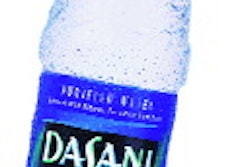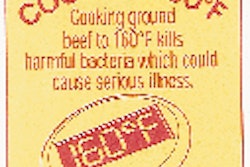The same agreement was struck with Unilever's Lipton, for its similar product, Take Control. The agreement was something of a compromise. Both companies wanted to market their products as dietary supplements, which under current regulations would permit structure/function claims that do not need FDA approval. However, despite agreeing to market the products as a conventional food, both companies are still expected to try to include a structure/function claim on the products' cholesterol-lowering properties. That would appear to contradict FDA policy for conventional foods, which requires such claims to be made about nutritional properties only. Nevertheless, FDA isn't expected to challenge the labeling issue, satisfied enough that the firms agreed to market the products as conventional foods, according to FDA watchers. No final decision was made on how the products will be labeled, though.
FDA cuts deal on functional foods
After months of discussion, the U.S. Food and Drug Administration reached an agreement with Johnson & Johnson's McNeil Consumer Products to bring the company's cholesterol-reducing margarine, Benecol, to market as a conventional food rather than as a dietary supplement.
Feb 28, 1999
Machinery Basics
The AI revolution in packaging robotics is here
Robots that see variations, adjust grip pressure automatically, accept plain-English commands, and predict their own maintenance. Discover how AI is transforming packaging operations.
Read More
Annual Outlook Report: Sustainability
The road ahead for CPGs in 2025 and beyond—Packaging World editors review key findings from a survey of 88 brand owners, CPG, and FMCG readers.
Download Now
Downloads





















